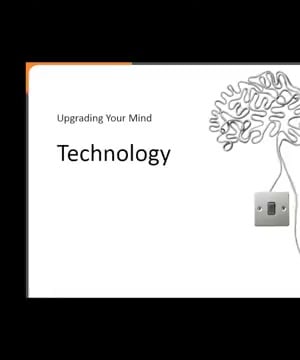How to deal with brain fog
Sources:
Dealing with brain fog effectively involves addressing several key areas, as discussed by trusted experts:
-
Sleep Quality: Ensuring good sleep is fundamental. Poor sleep is a major cause of brain fog. Getting adequate, high-quality sleep supports mental and physical health, reducing fog and improving clarity 1.
-
Anti-Inflammatory Diet: An anti-inflammatory diet can help mitigate brain fog as it may be linked to low-level inflammation. Incorporating anti-inflammatory foods like turmeric may be beneficial. Avoid substances that disrupt sleep architecture, like marijuana, which can impact REM sleep and contribute to brain fog 2.
-
Hydration and Electrolytes: Staying hydrated is crucial for reducing brain fog. It's important not only to drink sufficient water but also to ensure it contains electrolytes, which play a critical role in brain function 3.
-
Breathing Patterns: Proper breathing, particularly nasal breathing, is important for oxygenation during sleep and can affect mental clarity. Consider practices to encourage nasal breathing, especially during sleep 1.
-
Meditation: Meditation can help build mental resilience and clarity. Starting a daily practice, even for just 10-12 minutes, can significantly enhance focus and reduce brain fog 4.
-
Monitoring and Managing Stress: Tools like heart rate variability monitoring can help recognize stress responses and manage them effectively, thus preventing brain fog caused by chronic stress 5.
These strategies are based on the insights provided by experts such as , , and . Applying these can help alleviate brain fog and improve overall cognitive function.
RELATED QUESTIONS-



